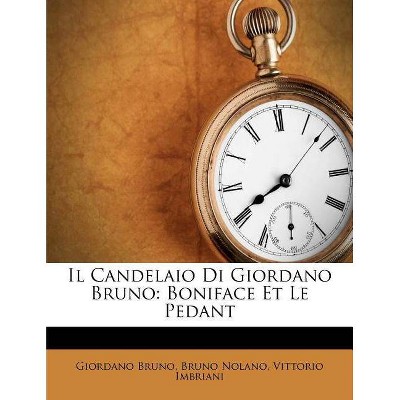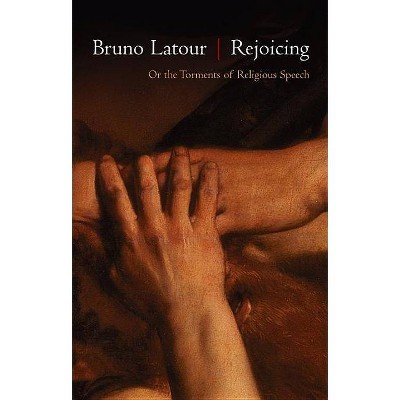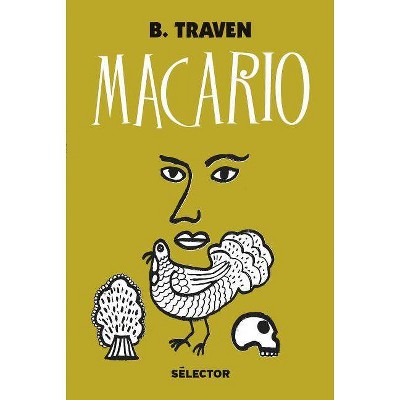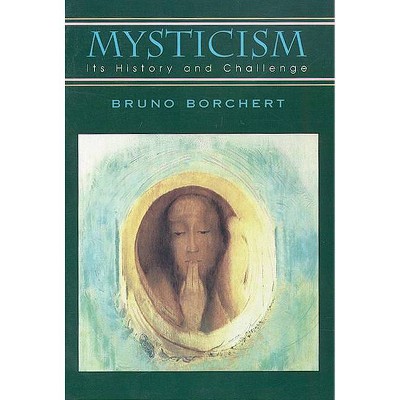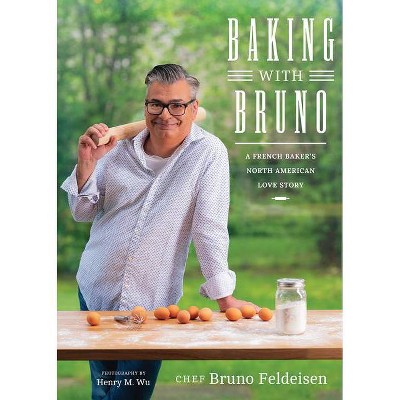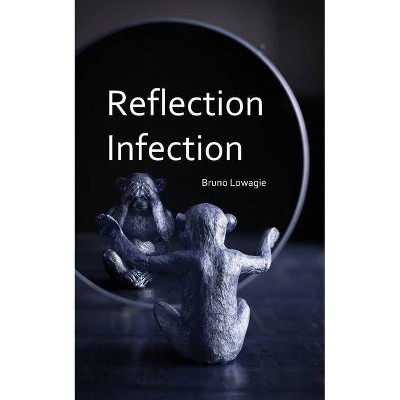Licorice - by Liz Bruno (Paperback)
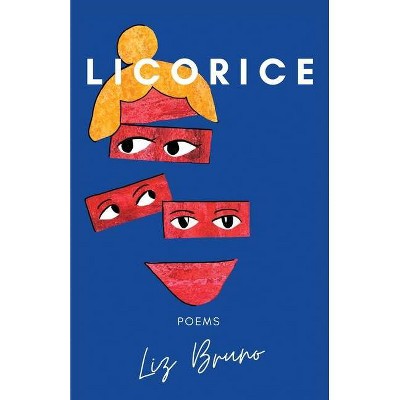
Similar Products
Products of same category from the store
AllProduct info
<p/><br></br><p><b> Book Synopsis </b></p></br></br><p>Like the root, <em> Licorice</em> is strong, sweet, and distinctive. A late-bloomer's coming of age story, it is childish and playful; it romps through jokes, metaphors, and philosophers. It is also bitter, leaving an aftertaste of lingering memories and struggle.</p><p><br></p><p><em>Licorice</em> is for those interested in female narratives, reinvention, and alternate versions of strength. It is poetry about complexity, silence, marriage, motherhood, and making sense of the lived female experience. Licorice focuses on the quest to be known and loved. It follows the detours of pleasure, confusion, obsession, self-loathing, depression, and hope.</p><p><br></p><p>In Chinese medicine, licorice root is used in moderating toxicity and treating urgency. Licorice should be used in the same way. It is edible philosophy, digestible in fits and starts. It is about how people consume and fuel each other - and how we consume and fuel ourselves.</p><p><br></p><p><br><p/><br></br><p><b> Review Quotes </b></p></br></br><br><p>A debut volume of poetry traces the many flavors-bitter, sweet, and complex-of the feminine experience. In her collection, Bruno brings together more than 50 poems, some previously published in literary magazines. The opening piece, "In Montana, I Learned To Not Horse Around," sets the stage for the volume's overall engagement with expectations for femininity and the reality of possible self-expression. Women must obey the rules of chastity, cleanliness, and obedience set for them. In the end, "We climbed into bed. We closed our eyes and hopes politely." The last line's zeugma enacts the hidden catch that was there all along, and this subtlety among what are apparently plainspoken sentiments characterizes the collection. The collection follows the speaker's growing understanding of the traps of femininity and marriage, uncovering wrenching or haunting realities. Motherhood, though, discloses new strengths. The craft of poetry, too, offers a power beyond the limitations of cultural expectations, as in the optimistic final piece, "Second Tongue": "It is good, the sun kept saying / until the poem put on her sunglasses / and went to work." A thoughtful and bracing collection reflective of hard-won insights.</p><p><br></p><p> Kirkus Reviews</p><br>
Price History
Price Archive shows prices from various stores, lets you see history and find the cheapest. There is no actual sale on the website. For all support, inquiry and suggestion messages communication@pricearchive.us
